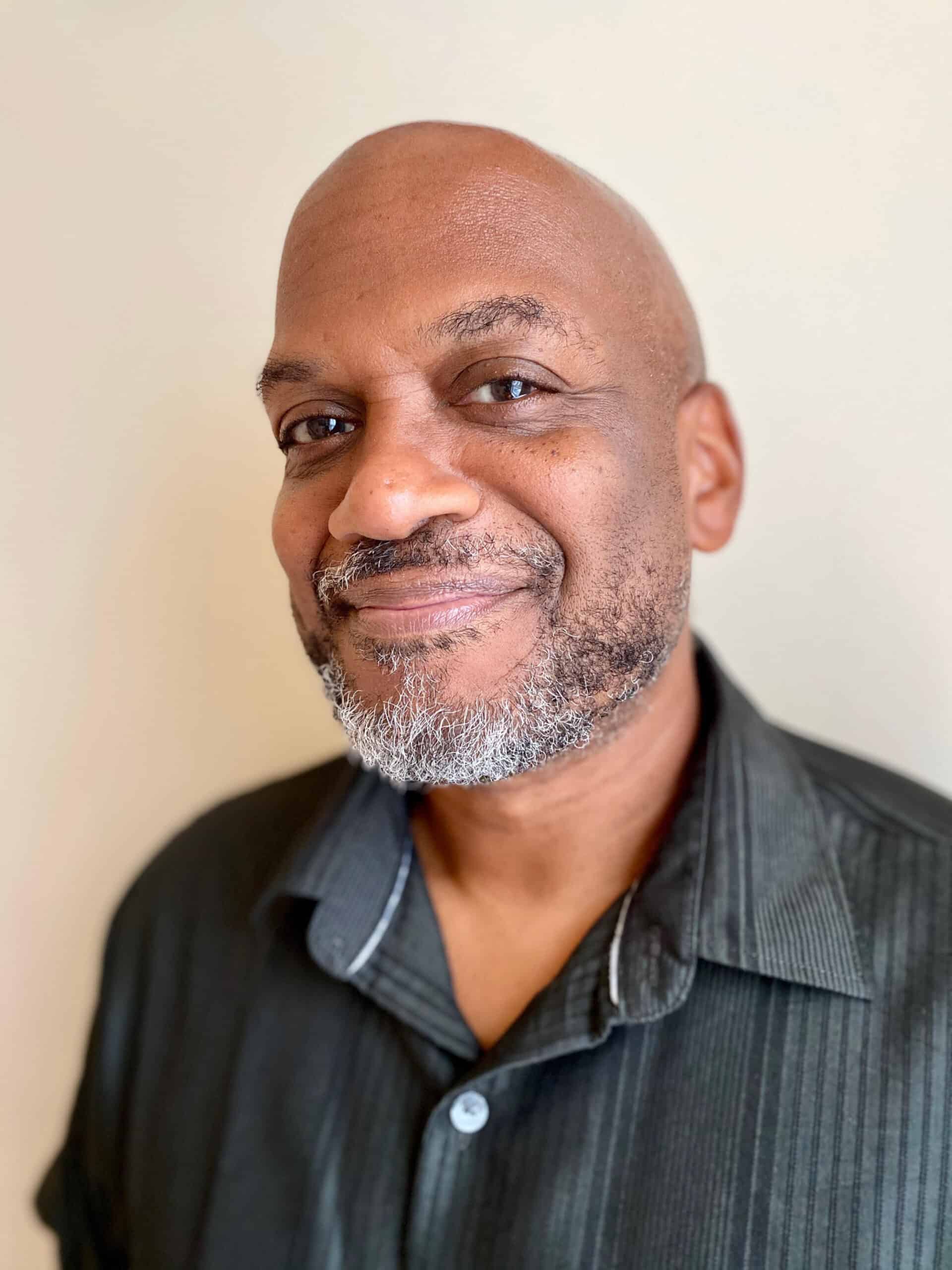By David A. Love
As I reflect on Black History Month and the wonder that is the month of February, I am reminded that we must remember history—the good and especially the bad—and learn the lessons it has to offer us.
February is the coldest and shortest month of the year, and yet it is no accident that Black History Month takes place when it does. There is a purpose behind this. February was selected because the birthdays of Abraham Lincoln and Frederick Douglass fall in this month. February is also the month in which Marion Anderson, W.E.B. DuBois, and Phillis Wheatley were born, and Malcolm X was assassinated.
Remembering history is crucial, lest we find ourselves in similar situations as generations before us, and woefully unprepared to respond to the conditions thrust upon us. Sometimes history has a way of repeating itself, and sometimes it rhymes.
Today we’re living in a curious time, and a dangerous time. Those who want us to forget history—and ensure we don’t learn history—are enacting laws to ban the teaching of history. They began with the banning of Black history and Critical Race Theory, of slavery and The 1619 Project, Jim Crow and the Civil Rights Movement, and anything that could potentially make White people feel uncomfortable. However, it was clear that they would not end it there. Suddenly we heard of efforts to ban Maus, a book about the Holocaust written by Art Spiegelman, and All Boys Aren’t Blue, a memoir from George M. Johnson about his life growing up as a queer Black boy in New Jersey.
Hide the books and you hide the evidence of past crimes, making it even easier to recommit those crimes and visit harm and trauma upon future generations. Ban the books and you (attempt to) divest people of the tools that would empower and liberate them, illuminate their lives and expand their vision of the world.
History demonstrates that we are all intertwined. The Holocaust did not appear out of thin air, but rather was the result of centuries of white supremacist oppression in Europe, from the Spanish Inquisition to the pogroms to colonialism. Between 1904 and 1907, Germany had committed genocide in colonized German Southwest Africa—now Namibia—murdering 80,000 Herero and Nama people in the first genocide of the 20th century. Meanwhile, Nazi Germany enacted the Nuremberg laws—race laws which segregated Jews from German society and deprived them of rights and formed the legal basis for their extermination. These laws, which forbade Germans from marrying Jews—later to also include Africans and Roma–drew their inspiration from the Jim Crow segregation laws of the American South.
And it was through an intertwining of history that Afro-Germans were sterilized, imprisoned and murdered by the Third Reich, and Black American soldiers, themselves the victims of a legacy of enslavement and Jim Crow, liberated Jews from the Nazi death camp known as Dachau.
That brings me to Rudi Richardson. In 2003, Rudi, then a 47-year-old Black honorably discharged army veteran, was deported from his country to Germany. Although Rudi grew up believing he was from Long Beach, California, in reality he was born Udo Ackermann in a German prison. His mother was a German Jewish survivor of the Holocaust. His father was a Black G.I. stationed in Germany. And Rudi was one of thousands of Brown babies born to Black servicemembers and German women. Racist policies in the U.S. military transferred these Black soldiers, separating them from their children and families. After enduring abuse in the German foster system as a baby, at age 2 he was adopted by a Black military family that was stationed in Germany and later moved back to the States. And while Rudi had been entitled to U.S. birthright citizenship because of his birth father, racism kept him from receiving it.
Rudi Richardson now lives in London, where he founded two organizations to help the vulnerable and unhoused. And he wrote a book about his life story, both the good and the traumatic, in Revelations of a Suffering Servant. We should all welcome the day when he finally returns home.
History allows us to understand from whence we came, who we are, where we are and where we are going.
David A. Love is a professor, journalist and commentator who writes investigative stories and op-eds on a variety of issues, including politics, social justice, human rights, race, criminal justice and inequality. He is a writer for theGrio, The Washington Post, CNN, The Appeal, Al Jazeera and BlackCommentator.com. In addition, Love’s work has appeared in The Nation, The Guardian, The Progressive and HuffPost, and he has been quoted by The New York Times, Time, Newsweek, The Atlantic and The New Republic.




